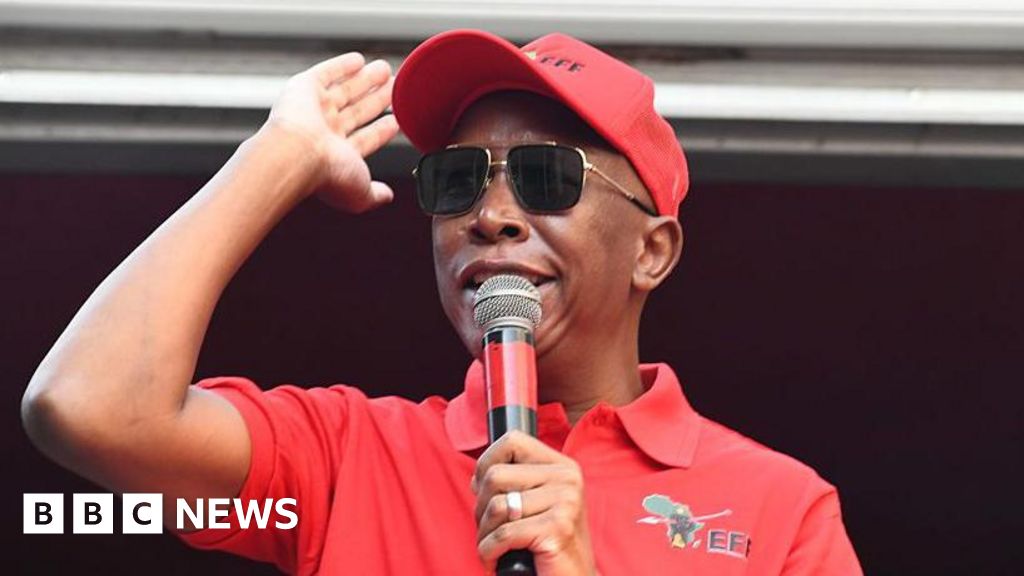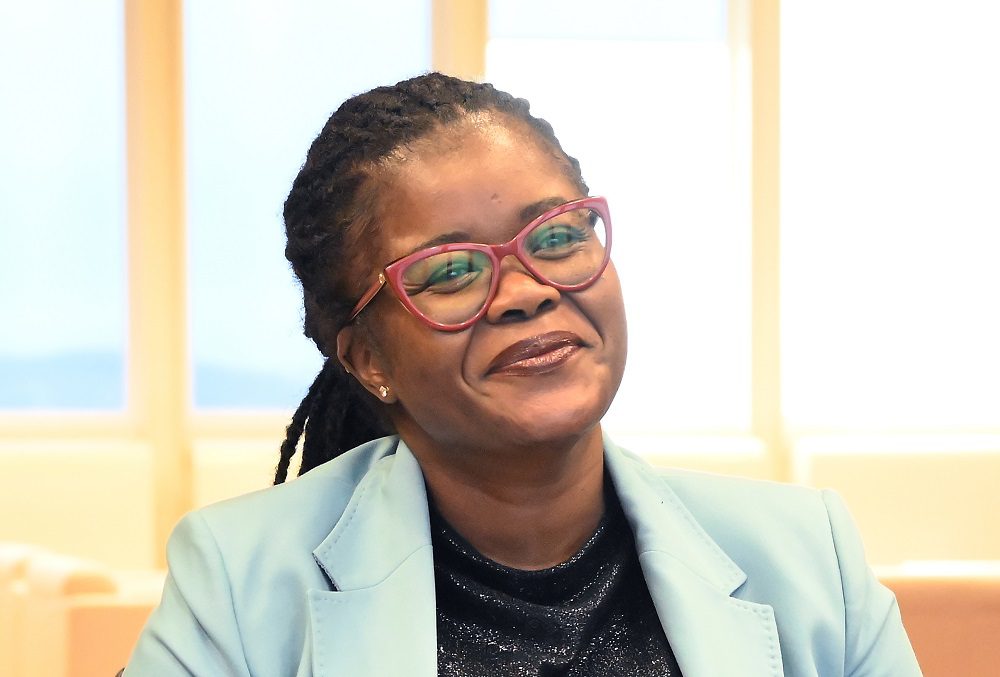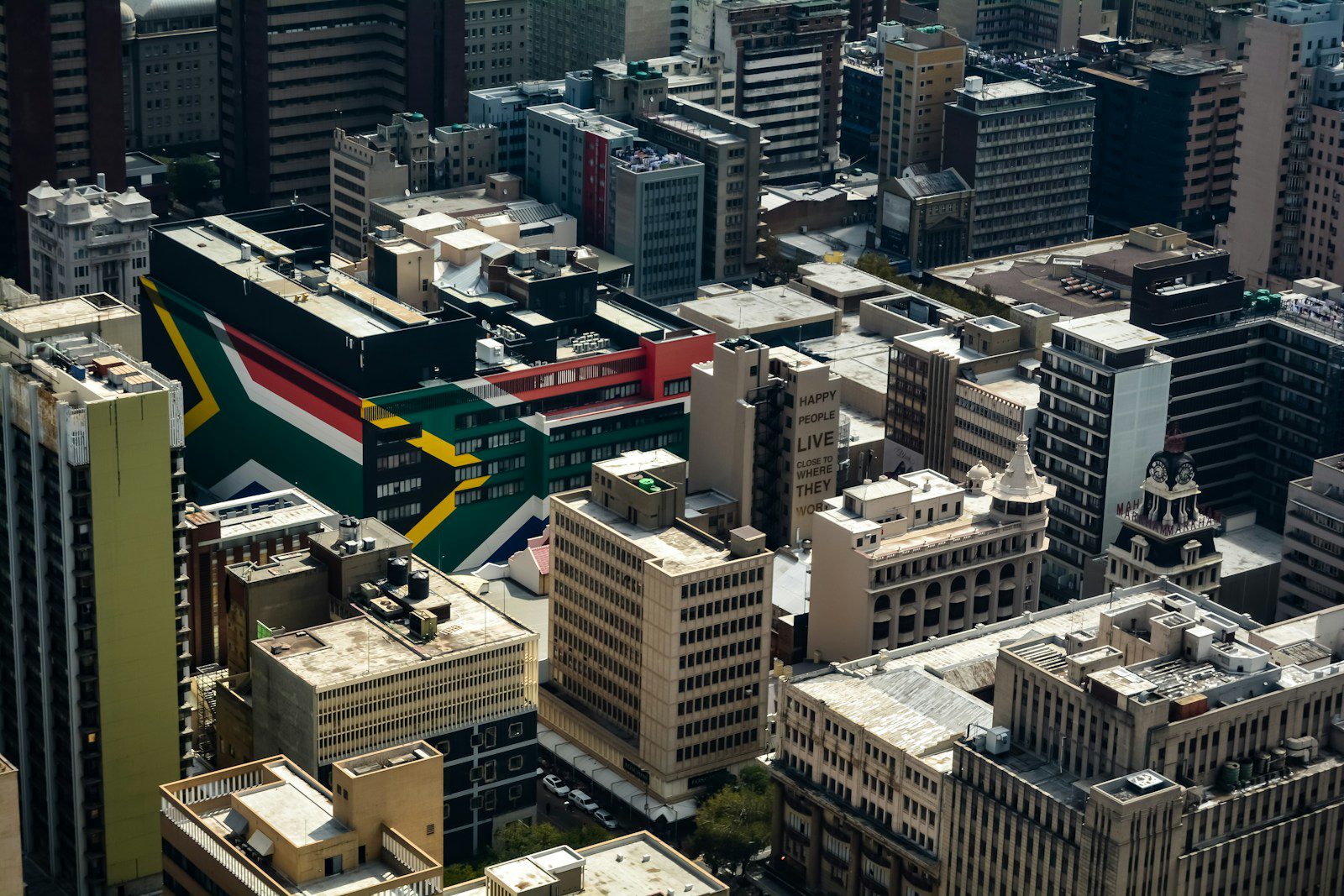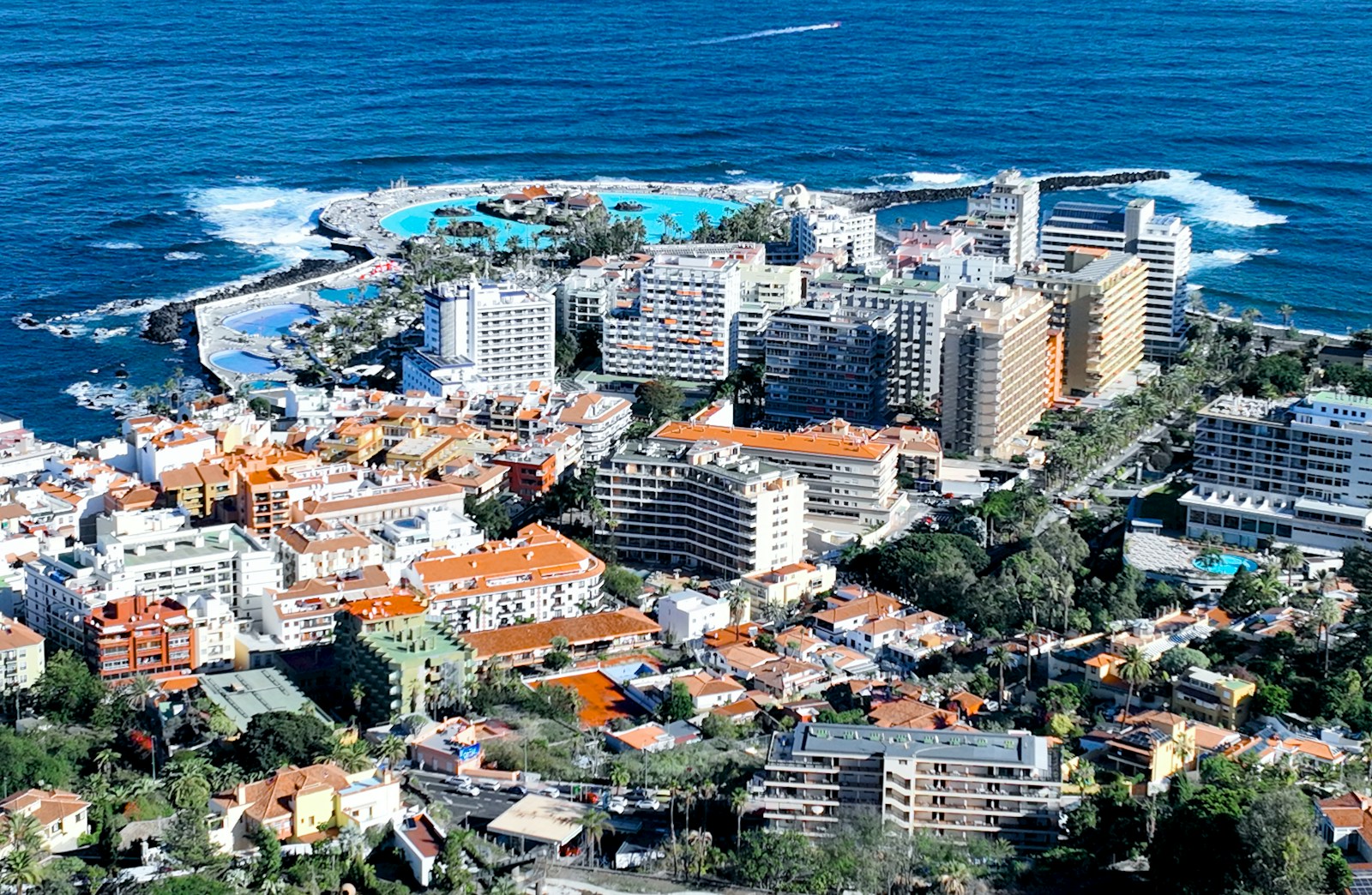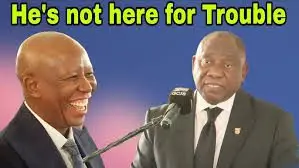
Introduction
In a move that has reverberated across political spheres in both the United Kingdom and South Africa, the UK Home Office formally refused a visa to South African opposition leader and Economic Freedom Fighters (EFF) commander-in-chief Julius Malema. The refusal, citing concerns over extremist conduct and “not conducive to the public good,” was met with sharp condemnation by Malema’s party, which decried Great Britain as a hypocritical and intolerant bully.
For more: https://africaheritagevoice.com/
What Happened – A Chronology
In early May 2025, EFF leader Julius Malema received an invitation to speak at the University of Cambridge’s prestigious “Africa Together” conference, scheduled for May 10 — an event hosted annually by the African Society and focusing on the futures of the continent’s political leaders.
Visa Application and Priority Filing:
- Malema and his delegation applied for UK entry visas well in advance and even paid for a priority service to ensure timely approval Reddit+14EWN+14The Mail & Guardian+14.
- British High Commissioner Antony Phillipson later acknowledged personally overseeing the matter and expressed disappointment, noting that despite advance planning, procedural delays and cumulative UK bank holidays prevented timely processing Electronic Frontier Foundation+10The Mail & Guardian+10allAfrica.com+10.
Denial at the Airport:
- On May 7 2025, Malema arrived at OR Tambo International Airport in Johannesburg, ready to board a flight to London. Just hours before departure, he received a terse “regret letter” — essentially a last-minute rejection informing him his visa could not be issued in time BBC+5Central News+5AP News+5.
- The letter blamed the UK Home Office’s inability to complete the process, citing “necessary steps required” and “the unfortunate timing of some recent UK bank holidays” Reddit+13Electronic Frontier Foundation+13IOL+13.
Malema’s Response:
- Outraged, Malema described the move as “unacceptable and spineless,” alleging it was a deliberate attempt to silence dissenting political perspectives Electronic Frontier Foundation+13TimesLIVE+13Central News+13.
- Via X (formerly Twitter), he accused British officials of suppressing anti-imperialist voices and protecting “colonial-era interests,” accusing them of deploying bureaucracy to stifle his critique of the monarchy and colonial legacy AP News+5TimesLIVE+5Central News+5.
“This is nothing more than an expression of bureaucratic process being used to suppress political dissent and to ban the voices of the EFF from building global solidarity against Western imperialism,” EFF spokesperson Sinawo Thambo said News24+11TimesLIVE+11Central News+11.
Official Reaction and Public Response:
- High Commissioner Phillipson formally apologised, confirmed refunds including priority fees, but emphasized he had no direct power over the Home Office’s visa decisions Reddit+14EWN+14IOL+14.
- The BBC reported the leaked apology letter, aligning it with claims about holiday-induced processing delays AP News.
Support and Opposition Backlash:
- Supporters in civil society, like AfriForum, welcomed the outcome, citing Malema’s vocal use of the controversial “Kill the Boer” chant as justification for international scrutiny BBC+5TimesLIVE+5GroupEditors+5.
- On social platforms (notably Reddit), many users expressed polarized opinions—some dismissing Malema as a provocateur, others decrying bureaucratic suppression:
“They’re little more than fascists who happen to be Black and wave red flags.” Reddit+1TimesLIVE+1
“Elon Musk and right‑wingers have to make any BS up to stop their wealth from being touched.” Reddit
Implications of the First Denial:
- Though described as administrative, the timing and nature of the denial sparked allegations of political censorship.
- Malema’s failure to appear at Cambridge deprived the conference of a speaker who vocalises radical critiques of Western influence, and invited scrutiny from institutions advocating free expression.
🔗 Mid-June 2025 (Formal Decline Due to Extremism)
Several weeks later, in mid-June, the saga escalated with a distinct shift in tone and rationale.
Home Office’s Definitive Refusal (June 17, 2025):
- On June 17, the UK Home Office issued a formal letter denying Malema’s second visa application. Unlike the May denial, this refusal was direct and ideological, branding him as a supporter of extremist views unfit to visit the UK BBC+9allAfrica.com+9Central News+9IOL+3Electronic Frontier Foundation+3The Mail & Guardian+3BBC+3News24+3allAfrica.com+3.
Core Allegations:
- Support for Proscribed Terror Groups:
- The letter cited Malema’s public endorsement of Hamas, describing it as a proscribed terrorist organisation under UK law. Notably, in October 2023 he declared support for Hamas “to arm Hamas and make sure they got the necessary equipment to fight for their freedom” News24.
- Racial Violence Rhetoric:
- The letter also referenced his remarks about “cutting the throat of whiteness,” portraying them as incitement of violence against white South Africans Wikipedia+1GroupEditors+1News24+1Wikipedia+1.
“Not Conducive to the Public Good”:
- The refusal letter stated:
“Your presence in the UK is not conducive to the public good.”
- It emphasized that future visa applications would only succeed if Malema changed his rhetoric or distanced himself from extremist-linked commentary AP News+2News24+2Reddit+2.
- Crucially, the decision included no right of appeal or administrative review; it was framed as a non-negotiable refusal based on “individual merit” News24+1Reddit+1.
Reactions Back in South Africa:
- Malema and the EFF again accused the UK of hypocrisy and imperial arrogance, characterizing the refusal as evidence of Britain’s intolerance toward anti-Western voices Central News.
- AfriForum and other conservative groups reiterated their support, arguing Malema’s earlier endorsement of Hamas and inflammatory racial rhetoric justified exclusion TimesLIVE+2GroupEditors+2Central News+2.
Broader Diplomatic and Legal Context:
- The formal denial highlighted the UK’s commitment to global counter-extremism protocols, aligning visa policy with broader ideological safeguards .
- South Africa–UK relations entered a tense phase, especially as Malema had threatened symbolic visits to Queen Elizabeth II’s grave and launched campaigns for reparations — acts interpreted as provocations Central News.
🔍 Comparison & Context
| Aspect | May Denial | June Denial |
| Nature | Administrative delay, no appeal | Ideological refusal, no recourse |
| Reasoning | Bank holidays & procedural backlog | Support for Hamas, racial incitement |
| Malema’s rhetoric | Disruption, anti-Western colonial critique | Hardline pro-Hamas stance, calls for violence |
| Legal context | UK Home Office procedural discretion | “Not conducive to public good” – extremism threshold |
| Public reaction | Outrage & accusations of censorship | Divided acclaim and condemnation across political spectrum |
— These two visa refusals, though close in time, were fundamentally different in substance and implication. The first touched on operational inefficiency; the second invoked the UK’s ideological gatekeeping mechanisms.
The sequence of events speaks to broader tensions:
- In May, bureaucratic inertia and scheduling misalignments triggered accusations of deliberate censorship.
- By June, the UK had shifted to overt ideological justification, tethering visa eligibility to alignment with counter-extremism values.
Together, these episodes encapsulate a tale of politics, policy, and public diplomacy — and they serve as a powerful case study on how visa systems can become arenas where national security, ideology, and freedom of speech collide.
UK’s Position: National Law, Extremism & Public Good
1 Legal Framework
Under UK immigration law, visa applicants may be refused if their presence is deemed a risk to the public good or associated with extremism. The Home Office found that Malema’s public support for Hamas—a group designated as terrorist in the UK—and his racialized rhetoric breached this threshold TimesLIVE+13News24+13IOL+13.
2 Formal and Candid Rationale
- Bank Holiday + Bureaucratic Delay:
The initial denial was explained as a result of administrative backlog tied to public holidays Wikipedia+1Breitbart+1. - Extremism Concern:
The formal June refusal shifts from administrative to ideological reasons, identifying extremist statements and associations as primary causes . - No Recourse:
Malema was informed that no appeal or administrative review is available; applications are subject to “individual merit” but highly unlikely to succeed unless he repudiates his position IOL+7Politicsweb+7News24+7.
Malema & EFF: Strengthening Rhetoric and Undermining Criticism
1 Malema’s Political Style
Julius Malema, who rose to prominence in the ANC Youth League before founding the EFF in 2013, is known for his fiery rhetoric, calls for expropriation without compensation, and singing the controversial “Dubul’ ibhunu” (“Shoot/kill the boer”) song Wikipedia+12Wikipedia+12Wikipedia+12. Courts in South Africa have classified the chant as political speech, but remain split on whether it crosses into hate speech.
2 Internationalist Backing
Malema has supported global anti-colonial and revolutionary causes:
- Affirmed support for Hamas and Hezbollah as legitimate resistance SowetanLIVE+13IOL+13AP News+13News24.
- Condemned US and Western alliances with Israel as genocide against Palestinians .
- Advocated reparations from Western powers, particularly the UK for colonial crimes Breitbart+3AP News+3TimesLIVE+3.
3 EFF Reaction
- On May denial: Described as bureaucratic suppression, accusing the UK of “cowardice” and silencing anti-imperialist voices GroupEditors+5TimesLIVE+5IOL+5.
- On June refusal: EFF called UK a hypocritical, intolerant bully stifling democratic debate and misrepresenting South African judiciary rulings News24+7IOL+7Electronic Frontier Foundation+7.
Reactions in South Africa
The United Kingdom’s decision to deny EFF leader Julius Malema a visa in both May and June 2025 triggered a flurry of responses across South Africa’s political and civil society landscape. While the ruling African National Congress (ANC) and opposition parties like the Democratic Alliance (DA) offered varying degrees of criticism or caution, it was right-wing civil society groups — most notably AfriForum — that responded with the greatest enthusiasm, interpreting the UK’s move as a long-overdue recognition of Malema’s “extremist rhetoric.”
1. AfriForum & Conservative Backlash: Applause for the UK’s Stance
AfriForum, a prominent Afrikaner-rights civil society organization known for its litigation against political incitement and its opposition to race-based economic policies, welcomed the UK’s visa rejections as a moral and legal vindication. In their view, Malema’s rhetoric — particularly his use of the liberation chant “Kill the Boer” — constitutes racial incitement and poses a threat not only to white South Africans but also to the broader social fabric of the country.
- AfriForum’s Public Response:
Upon confirmation of the UK’s decision in June, AfriForum’s head of Public Affairs, Ernst Roets, issued a statement celebrating the move.
“The UK government has taken a firm stance against racial extremism. This is what the South African government has failed to do for years.”
(Politicsweb)
- Citing Malema’s Court Testimony:
AfriForum specifically referred to Malema’s own admission during a 2022 Equality Court hearing, where he told the court he “could not rule out” calling for violence against white people in the future. For AfriForum, this was a smoking gun. They viewed it as an effective confession of extremist potential.
“This alone should disqualify him from participating in civil society as a legitimate political actor,” said AfriForum’s legal adviser.
- A Call for Global Action:
Beyond mere endorsement, AfriForum called on other Western nations — including the U.S., Germany, and Australia — to implement similar travel restrictions.
In a post on X (formerly Twitter), AfriForum’s CEO Kallie Kriel wrote:
“Great news! This is only the beginning. We call on the global community to take action against Julius Malema for inciting violence and hatred.”
- Perceived Failure of the South African Judiciary:
AfriForum has long accused South African courts of turning a blind eye to racial hatred when it comes from black leaders.
“While the judiciary bends over backward to explain why certain forms of incitement fall under cultural expression, white South Africans are being left vulnerable.”
- Leveraging International Media:
AfriForum used the moment to ramp up its international advocacy, leveraging right-leaning media abroad and highlighting what it framed as a “global double standard” in responses to hate speech. Some outlets sympathetic to AfriForum framed Malema as a “reverse racist” or even a “terror apologist,” linking him to his public expressions of support for Hamas.
This marks a turning point in AfriForum’s strategy — from local legal action toward full-blown international diplomatic engagement. By portraying Malema as a threat to liberal democratic norms, they aim to isolate him globally and pressure foreign governments to act.
2. Political Landscape: South Africa’s Internal Fractures Exposed
Malema’s UK visa denials sparked ripples throughout the South African political landscape, revealing a wide range of reactions rooted in ideology, electoral calculus, and the country’s fraught racial history.
a) Democratic Alliance (DA)
The center-right opposition party Democratic Alliance did not openly endorse the UK’s decision but has long criticized Malema’s public statements as dangerous and divisive. The DA regards chants such as “Kill the Boer” and inflammatory rhetoric about white South Africans as incompatible with the principles of constitutional democracy.
- DA leader John Steenhuisen remarked:
“The EFF’s rhetoric threatens national unity and undermines reconciliation. There is no place in our political discourse for veiled threats of racial violence.”
- The DA has also called for a national ban on hate speech in Parliament and has introduced legislation aimed at tightening restrictions on political incitement, but the proposals have struggled to gain traction due to the ANC’s parliamentary dominance.
b) African National Congress (ANC)
The ruling ANC was far more cautious in its response. While it refrained from supporting Malema directly, it also avoided condemning him. The ANC’s dilemma is rooted in a delicate political calculus: on one hand, Malema is a fierce critic and political rival; on the other, his populist firebrand style appeals to parts of the ANC’s historical base.
- Senior ANC officials offered muted commentary, suggesting that the issue was “a matter between the UK and Mr. Malema.”
Some within the ANC quietly expressed concern that Malema’s exclusion would enhance his martyr-like appeal among the youth. - A political analyst quoted by Mail & Guardian suggested:
“The ANC may disagree with Malema’s tone, but they recognize the strategic value in not alienating his base. His brand of nationalism taps into unresolved grievances that the ANC has failed to fully address.”
c) Judiciary and Legal Institutions
The South African judiciary, particularly the Equality Court and Constitutional Court, have had a complex history with Malema. In 2022 and again in 2023, rulings determined that the controversial liberation chant “Kill the Boer” did not amount to hate speech under South African law, but rather constituted a form of historical political expression.
- In one prominent ruling, the court acknowledged that while the song was “deeply offensive” to some, it could not be legally classified as hate speech because it did not directly incite violence.
- The judgments caused widespread debate. While legal experts defended the ruling on the basis of freedom of expression, conservative groups like AfriForum saw it as proof that South African law is too lenient on racially charged speech.
- Importantly, these rulings complicated international perceptions. The UK Home Office likely took a stricter approach — emphasizing precaution and social stability over contextual political nuance.
3. Civil Society & Public Opinion: A Nation Divided
South African civil society and the broader public were sharply divided in their reactions to Malema’s exclusion from the UK.
Support for Malema:
- Progressive voices and some pan-Africanist groups criticized the UK decision as neo-imperial censorship. They argued that excluding a democratically elected leader over liberation-era rhetoric sent a message that African radicalism is unwelcome in Western democratic spaces.
- The EFF issued a fiery statement condemning the UK as a “former colonial overlord intolerant of African resistance.” The party accused the British government of hypocrisy, pointing to its own violent imperial past.
- On social media platforms like X and Reddit, many users in South Africa and the wider diaspora defended Malema’s right to speak:
“Malema is no different from Irish rebels who spoke against the crown. Why is their rhetoric historic, but his is extremist?”
“The UK is happy to invite apartheid beneficiaries but blocks those who challenge structural inequality.”
Criticism of Malema:
- Business leaders, agricultural unions, and the Institute of Race Relations (IRR) echoed AfriForum’s concerns, arguing that Malema’s rhetoric promotes fear and discourages investment.
- A joint op-ed by several academics in Business Day claimed Malema’s exclusion was “legally harsh but politically understandable,” noting:
“There comes a point where freedom of speech ends and responsibility for the consequences of speech begins.”
4. Broader Implications: Beyond Malema
This saga between Julius Malema and the UK touches on deeper questions about freedom of speech, historical trauma, race, and global standards of extremism.
- International Precedent: The UK’s decision could serve as precedent for other countries to apply ideological filters to foreign political actors — particularly those with a history of racial or religious provocation.
- South African Exceptionalism: The divergence between South African legal interpretations (allowing the chant as symbolic) and foreign interpretations (labeling it hate speech) may increasingly isolate South Africa’s jurisprudence in global forums.
- Polarization and Populism: The visa saga has bolstered Malema’s populist image at home. By being “banned” by a former colonial power, he reinforced his narrative of a political warrior battling Western imperialism — a powerful image for many young, disenfranchised voters.
- Reputational Risk: On the flip side, South Africa’s global reputation for progressive constitutionalism may be questioned as foreign states ask why the nation’s courts have repeatedly allowed violent or racially charged rhetoric under the banner of liberation heritage.
The UK’s refusal to grant Julius Malema a visa, first on procedural grounds and later on ideological ones, provoked deeply polarized reactions in South Africa. While right-wing groups like AfriForum celebrated the decision as a long-overdue international rebuke, others decried it as censorship of African liberation rhetoric. Political parties mostly treaded cautiously, weighing the risks of antagonizing voters or appearing to support extremism.
More than just a travel restriction, the visa saga encapsulates broader tensions around race, memory, and political power in post-apartheid South Africa — and raises difficult questions about who gets to define extremism in an interconnected world.
International Context & Diplomacy
1 UK Foreign Policy & Values
By labeling Malema as extremist, the UK reinforces its alignment with global counterterrorism norms and signal that support for recognized terrorist groups is disqualifying.
The refusal aligns with broader post-Brexit British objectives: prioritized immigration control and assertive soft-power diplomacy.
2 South Africa–UK Relations
Home to a fraught colonial legacy, the bilateral relationship has always contained tension. Malema’s planned speech on reparations and critique of the monarchy would have underscored existing divides. The visa denial deprives South Africans of first-hand engagement in UK academic discourse.
Malema publically stated his intent to visit Queen Elizabeth II’s grave—which he described as symbolic justice—an inflammatory gesture exacerbating friction News24TimesLIVE+1Breitbart+1.
Legal Precedents & the Line of Extremism
1 UK Immigration Law
The Home Office is required to do ideological filtering on visa applicants whose views are considered extremist or extremist-adjacent. The term “not conducive to the public good” often fails concrete definition, invoking legal scrutiny yet remains difficult to challenge News24.
2 South African Rulings
South Africa’s courts have refused to regard the “Kill the Boer” chant as literal hate speech. Instead, they regard it as anti-apartheid struggle music. Malema’s past evasive testimony—“I cannot guarantee I won’t say it”—was cited by UK authorities as evidence of extremist intent IOL.
3 Global Comparisons
- Scholarly views describe the EFF as “black neo-fascist” or ultranationalist, particularly for racialized appeals in recruitment Wikipedia+1Reddit+1.
- The UK’s visa stance mirrors policies elsewhere—France, US, Australia—where figures linked to extremist groups are barred.
Public & Media Response
1 South African Media
- Pro‑Malema outlets: Characterize the UK’s decision as political censorship and imperialist bullying.
- Independent/critical outlets: Criticize Malema’s violent rhetoric but warn against state overreach in political speech regulation.
2 Online & Civil Commentary
Reddit users and analysts debate Malema’s ideological leanings. One user commented:
“They’re little more than fascists who happen to be Black and wave red flags.” GroupEditors+1IOL+1Reddit
Another notes court defenses of “Kill the Boer,” suggesting much is rooted in black liberation symbolism—though controversial .
3 Academics
Interpret Malema and EFF as blending Marxist-Leninist ideas with racial populism—anti-colonial but divisive. They criticize centralization, personality cultism, and extremist edges .
Potential Repercussions
1 Diplomatic Fallout
Expect political loudness from the EFF and its supporters, pushing global South audiences to view UK as neocolonial. South Africa–UK Ministerial channels may see pressure for dialogue or visa policy clarification.
2 Domestic Political Gains
Malema may leverage this denial to frame himself as a victim of colonial powers, energizing internal support. Meanwhile, conservative platforms may cite his rhetoric to call for legal scrutiny.
3 Precedent for Others
The UK’s precedent may extend to other controversial speakers. Activists urging reparations or allied with Hamas risk similar exclusions. Accusations of ideological policing may escalate.
4 Academic Sales
This episode limits direct engagement in UK academic forums. However, it raises visibility; debates around reparations, colonialism, racial justice gain international attention.
Conclusion
The UK’s denial of entry to Julius Malema marks a convergence of immigration policy, counter-extremism frameworks, and geopolitical messaging. The shift from administrative delay to explicit ideological condemnation reveals a strategic stance. For Malema and the EFF, Britain has become a foil—fueling narratives around Western intolerance and betrayal of democratic pluralism.
At stake is more than a single visa: it is whether university stages and diplomatic channels remain open to voices that challenge prevailing Western orthodoxy. The controversy underscores tension between two worldviews—one prioritising public security and anti-extremism; the other decrying historical injustice, censorship, and global inequality.
Further Reading
- AP News: “Far‑left South African politician says the UK denied him a visa…” GroupEditors+4AP News+4Breitbart+4
- BBC News: “South Africa’s Julius Malema hits out…” Electronic Frontier Foundation+2BBC+2BBC+2
- News24: “UK declines Malema visa application due to his ‘extremism’” Wikipedia+5News24+5Politicsweb+5
- Politicsweb: “UK’s decision to deny Malema a visa due to extremism welcomed – AfriForum” IOL+3Politicsweb+3GroupEditors+3
- IOL / Cape Argus: “EFF slams UK for ‘cowardice’…” Reddit+10IOL+10IOL+10
- Wikipedia: Economic Freedom Fighters party overview IOL+11Wikipedia+11Electronic Frontier Foundation+11
- Wikipedia: Dubul’ ibhunu (“Kill the Boer”) context and legal background TimesLIVE+4Wikipedia+4GroupEditors+4
Table of Contents
the post by: https://briefly.co.za

